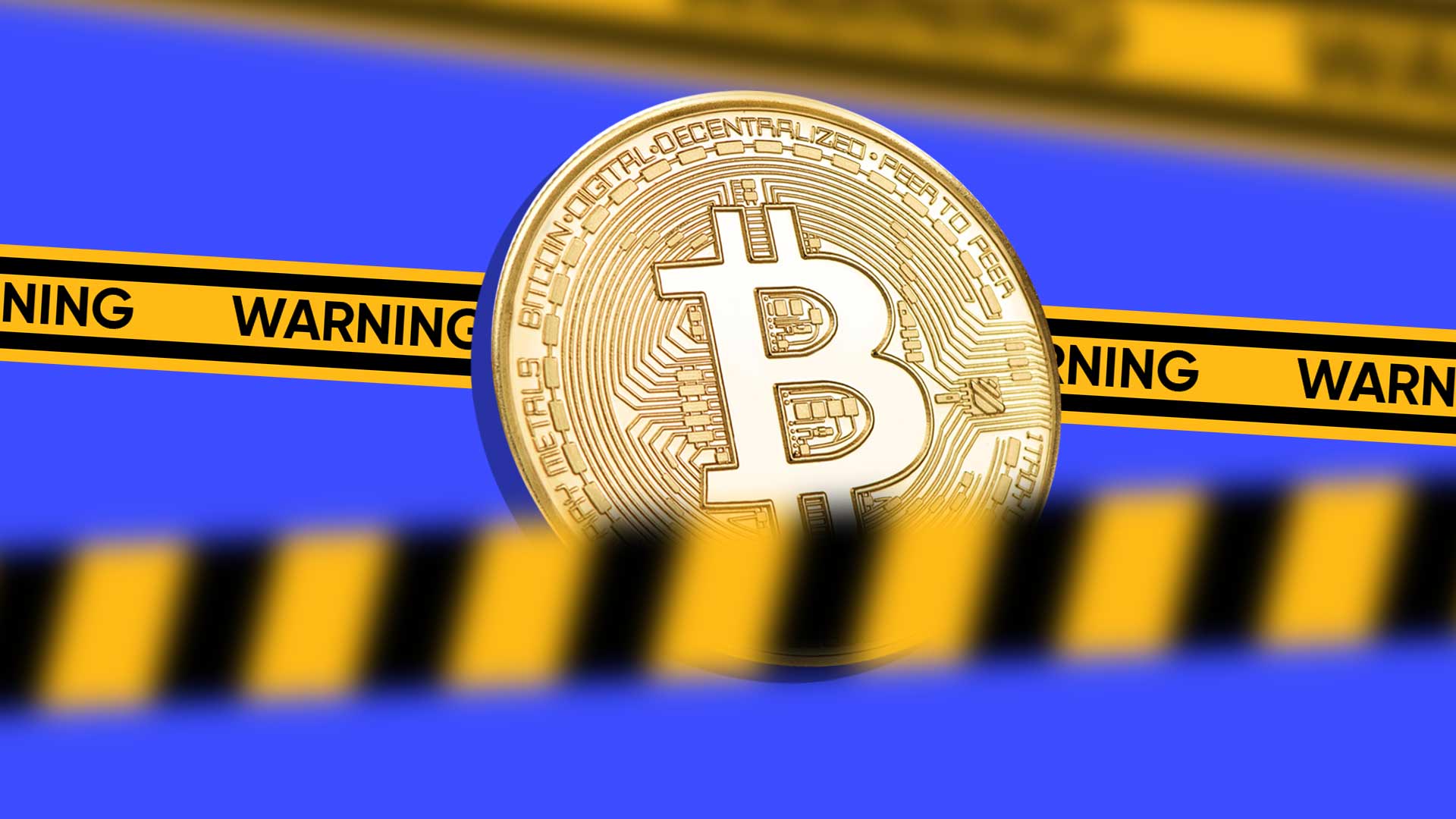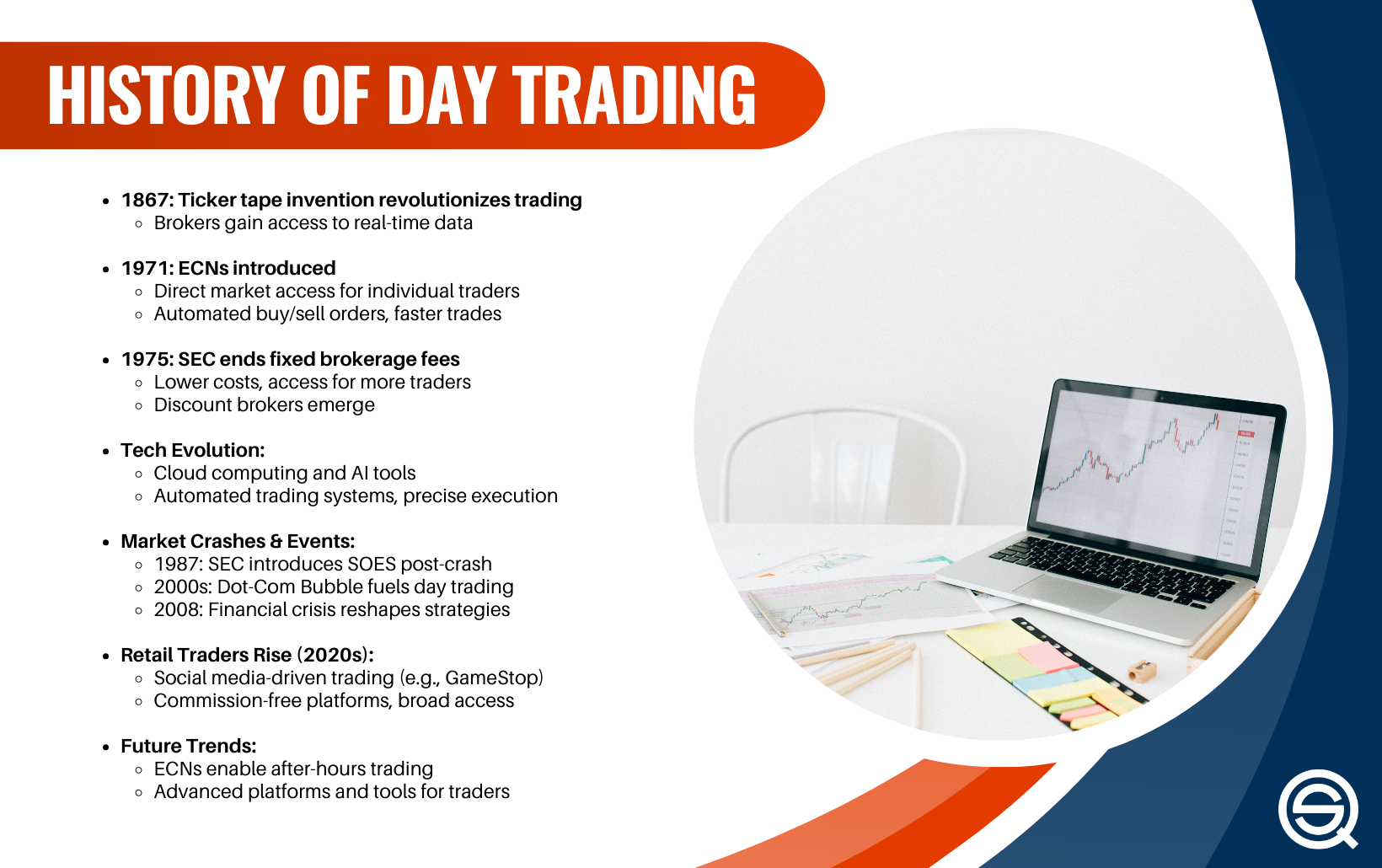Did you know that even the most seasoned day traders sometimes feel like they’re riding a rollercoaster, complete with stomach-dropping fear and exhilarating highs? This article delves into the psychological aspects of day trading in the crypto markets, exploring how emotions like fear and greed can significantly influence trading decisions. It highlights common pitfalls, cognitive biases, and the impact of social media on traders' mindsets. Additionally, you'll discover effective techniques for managing anxiety, improving focus, and developing resilience. With insights on trading plans and coping strategies for losses, this piece aims to equip traders with the mental tools necessary for success in the volatile world of cryptocurrency. For comprehensive guidance, remember to lean on DayTradingBusiness for support in navigating both the markets and your mindset.
What psychological factors influence day trading in crypto markets?
Day trading in crypto markets is heavily influenced by psychological factors like fear, greed, and overconfidence. Fear of missing out (FOMO) can drive traders to make impulsive decisions, while greed can lead to holding onto losing positions too long. Overconfidence often results in underestimating risks and overexposing capital. Additionally, the volatility of crypto markets can heighten emotional responses, causing traders to react irrationally to market fluctuations. Managing these psychological aspects is crucial for success in day trading.
How does fear impact day trading decisions in cryptocurrency?
Fear can significantly impact day trading decisions in cryptocurrency by leading to irrational choices. Traders may panic sell during market dips, missing potential rebounds, or hesitate to enter trades, missing profitable opportunities. This emotional response often results in overreacting to market volatility, skewing risk assessment. Fear of losing capital can also prompt traders to set tighter stop-loss orders, which may trigger premature exits. Ultimately, fear disrupts disciplined trading strategies, causing erratic decision-making and potential financial loss.
What role does greed play in crypto day trading strategies?
Greed drives crypto day trading strategies by pushing traders to chase profits, often leading to impulsive decisions. It can cause traders to hold onto positions longer than advisable, hoping for bigger gains, which increases risk. Greed also fuels the fear of missing out (FOMO), prompting traders to enter trades without proper analysis. This emotional influence can result in high volatility in trading behavior, where the desire for quick returns overshadows sound strategy. Ultimately, managing greed is essential for maintaining discipline and making rational trading decisions in the crypto market.
How can traders manage anxiety when trading crypto?
Traders can manage anxiety when trading crypto by setting clear goals and limits, maintaining a strict trading plan, and using risk management strategies like stop-loss orders. Regularly practicing mindfulness techniques, such as deep breathing or meditation, can also help calm nerves. Keeping a trading journal to reflect on decisions and emotions fosters self-awareness. Lastly, taking breaks and avoiding overexposure to market news can reduce stress and improve focus.
What are the common emotional pitfalls of day trading in crypto?

Common emotional pitfalls of day trading in crypto include fear of missing out (FOMO), leading to impulsive trades; panic selling during market downturns, causing losses; overconfidence after a win, which can result in reckless decisions; and emotional attachment to positions, hindering rational judgment. Traders often experience stress and anxiety from market volatility, which can cloud their decision-making. Additionally, revenge trading after losses can exacerbate financial setbacks. Maintaining discipline and emotional control is crucial to avoid these pitfalls.
How do cognitive biases affect day trading performance?
Cognitive biases can significantly impair day trading performance in crypto markets. For example, confirmation bias leads traders to favor information that supports their existing beliefs, causing them to overlook critical data. Anchoring bias can prevent traders from adjusting their strategies when new market information emerges. Loss aversion often results in holding losing positions too long, while overconfidence can lead to excessive risk-taking. These biases distort decision-making, leading to poor trades and missed opportunities. Awareness and mitigation of these biases are crucial for improving trading outcomes.
What techniques can help improve focus while day trading cryptocurrency?
To improve focus while day trading cryptocurrency, try these techniques:
1. Set Clear Goals: Define specific, achievable trading goals for each session to maintain direction.
2. Limit Distractions: Create a dedicated trading environment, free from noise and interruptions.
3. Use a Timer: Implement the Pomodoro Technique, working in focused bursts followed by short breaks.
4. Stay Informed: Keep up with market news but limit information overload to avoid confusion.
5. Practice Mindfulness: Engage in mindfulness or meditation to enhance concentration and reduce anxiety.
6. Maintain a Trading Journal: Document trades and emotions to identify patterns and improve decision-making.
7. Establish a Routine: Stick to a consistent daily routine to condition your mind for trading.
8. Take Care of Your Body: Prioritize sleep, nutrition, and exercise to maintain mental clarity and stamina.
Incorporating these techniques can significantly enhance your focus, leading to more effective day trading in the volatile crypto market.
How can traders develop a resilient mindset for crypto markets?
Traders can develop a resilient mindset for crypto markets by embracing volatility and uncertainty. Start by setting realistic goals and maintaining a disciplined trading plan. Practice emotional regulation techniques, like mindfulness or journaling, to manage stress and reflect on your trades. Focus on continuous learning; analyze both successful and unsuccessful trades to understand your decision-making. Build a supportive network of fellow traders for sharing experiences and coping strategies. Lastly, prioritize self-care to maintain mental clarity and avoid burnout.
What is the impact of social media on day trading psychology?

Social media significantly influences day trading psychology, especially in crypto markets. It creates a sense of urgency and FOMO (fear of missing out), leading traders to make impulsive decisions. Real-time updates and trends can amplify emotions, causing increased anxiety or euphoria based on market sentiment. Additionally, the spread of misinformation can fuel panic selling or irrational buying. Overall, social media shapes traders' perceptions, often blurring the lines between informed decisions and emotional reactions.
How does overtrading relate to psychological stress in crypto trading?
Overtrading in crypto trading often leads to psychological stress due to heightened emotions and poor decision-making. Traders may feel overwhelmed by the constant market fluctuations, leading to anxiety and impulsive trades. This stress can result in burnout, as the pressure to constantly monitor prices and execute trades takes a toll on mental health. Additionally, the fear of missing out (FOMO) can drive traders to overtrade, exacerbating feelings of regret and frustration when losses occur. Balancing trading frequency with emotional well-being is crucial to mitigate this stress.
What strategies can help mitigate emotional trading in cryptocurrency?
To mitigate emotional trading in cryptocurrency, adopt these strategies:
1. Set Clear Goals: Define your trading objectives and stick to them to avoid impulsive decisions.
2. Create a Trading Plan: entry and exit points, risk management, and position sizes to guide your trades.
3. Use Stop-Loss Orders: Automate your exits to limit losses and reduce emotional reactions during market fluctuations.
4. Limit Exposure: Only invest what you can afford to lose, which helps minimize stress and emotional attachment.
5. Keep a Trading Journal: Document your trades and emotions to identify patterns and improve decision-making over time.
6. Practice Mindfulness: Techniques like meditation can help you stay calm and focused, reducing emotional responses.
7. Educate Yourself: Understanding market trends and analysis can build confidence, lessening the impact of fear or greed.
8. Take Breaks: Step away from trading periodically to clear your mind and prevent burnout.
Implementing these strategies can enhance your discipline and reduce emotional trading in the volatile crypto market.
How does trading burnout affect performance in crypto markets?
Trading burnout leads to decreased focus, emotional fatigue, and impaired decision-making, negatively impacting performance in crypto markets. Traders may experience heightened stress and anxiety, resulting in impulsive trades or missed opportunities. This fatigue can reduce analytical skills, causing traders to overlook critical market signals. Consequently, burnout can lead to significant losses and hinder long-term success in crypto trading.
What are the signs of psychological fatigue in day trading?

Signs of psychological fatigue in day trading include persistent indecision, frequent mistakes, heightened emotional reactions, and increased irritability. You might notice difficulty concentrating, a lack of motivation, or feeling overwhelmed by market movements. If you find yourself second-guessing your strategies or experiencing anxiety during trades, these are clear indicators of burnout. Additionally, a noticeable drop in performance or a tendency to overtrade can signal psychological fatigue. Recognizing these signs is crucial to maintaining mental health and trading effectiveness.
How can mindfulness practices benefit day traders in crypto?
Mindfulness practices can significantly benefit day traders in crypto by enhancing focus, reducing stress, and improving emotional regulation. By staying present, traders can make clearer, more rational decisions, minimizing impulsive reactions to market volatility. Mindfulness also helps in recognizing and managing fear and greed, common emotions that can lead to poor trading choices. Regular mindfulness exercises, like meditation or deep breathing, can increase resilience, allowing traders to maintain composure during high-pressure situations. This mental clarity ultimately leads to better analysis and improved trading performance.
How Can I Choose the Best Crypto Markets for Day Trading While Managing Psychological Aspects?
To choose the best crypto markets for day trading, focus on liquidity, volatility, and trading fees. Look for exchanges with high trading volume and a range of trading pairs. Assess the market's price movements for volatility, as this creates opportunities for profit. Finally, consider the trading fees, as lower fees can significantly impact your profitability.
Learn more about: How to Choose the Best Crypto Markets for Day Trading
Learn about How to Choose the Best Crypto Markets for Day Trading
What is the importance of a trading plan for psychological stability?
A trading plan is crucial for psychological stability in crypto day trading because it provides structure and discipline. It sets clear rules for entry, exit, and risk management, reducing emotional decision-making. When traders stick to a plan, they minimize anxiety and impulsive actions, leading to more consistent performance. A well-defined strategy helps manage expectations, making it easier to handle losses and gains without stress. This stability fosters confidence, allowing traders to focus on execution rather than emotions.
How can traders cope with losses in crypto day trading?
Traders can cope with losses in crypto day trading by implementing several strategies. First, accept losses as part of the trading process; emotional detachment helps in making rational decisions. Second, set strict stop-loss orders to limit potential losses and avoid emotional trading. Third, develop a solid trading plan that includes risk management rules, ensuring you only risk a small percentage of your capital on each trade. Fourth, take breaks to clear your mind and reassess your strategies after a loss. Finally, engage with a community or mentor for support and perspective, which can help reduce feelings of isolation and anxiety.
Conclusion about Psychological Aspects of Day Trading in Crypto Markets
In conclusion, understanding the psychological aspects of day trading in crypto markets is crucial for success. Traders must navigate emotions like fear and greed, manage anxiety, and recognize cognitive biases that can hinder performance. Developing a resilient mindset, utilizing mindfulness practices, and adhering to a solid trading plan can significantly enhance decision-making and emotional control. For those seeking to optimize their trading experience, DayTradingBusiness offers valuable insights and support to help you thrive in this volatile landscape.
Learn about Psychological Aspects of Day Trading Futures